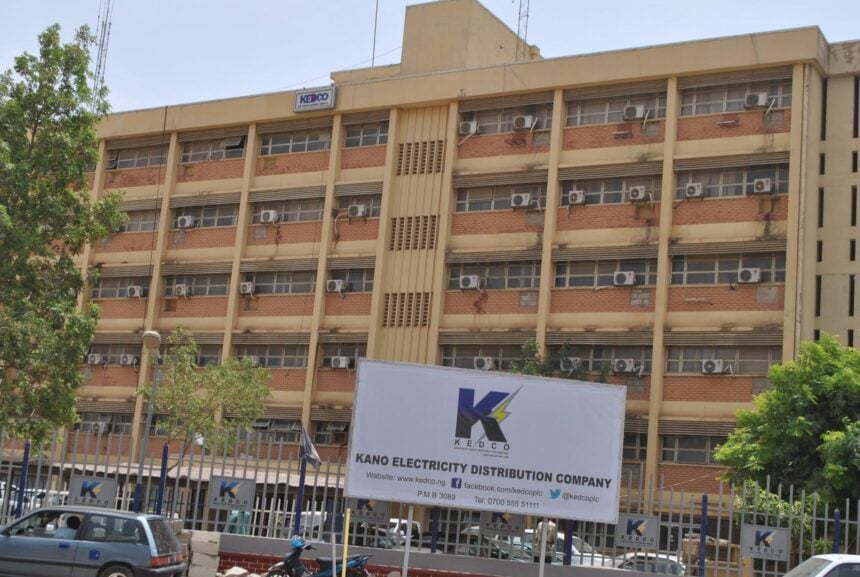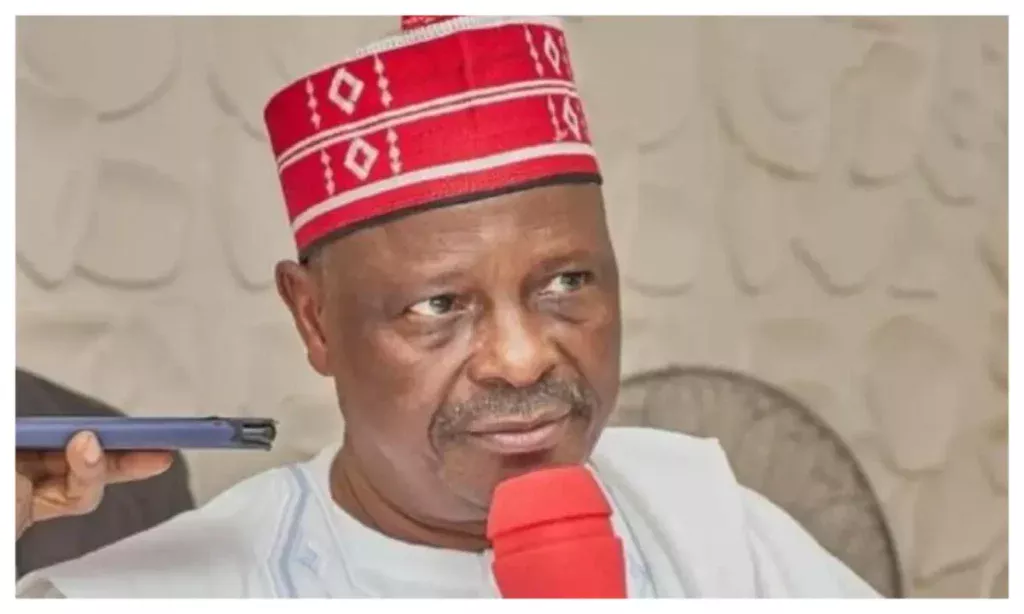Nigerian President Bola Tinubu has announced significant growth in non-oil revenues, citing a 40.5 percent increase in total collections between January and August 2025. According to a statement by Presidential spokesperson Bayo Onanuga, the total collections reached ₦20.59 trillion, up from ₦14.6 trillion recorded during the same period in 2024.
The President highlighted this achievement while addressing a delegation from the Buhari Organisation on Tuesday, emphasizing that the revenue growth aligns with projections and keeps the government on track to achieve its annual non-oil revenue target. Notably, the Federal Government has ceased borrowing from local banks since early 2025, underscoring improved fiscal discipline.
The increase in non-oil revenues is attributed to reforms, compliance, and digitization, which have powered a more resilient economy. The President noted that while non-oil tax revenues are rising, oil-based revenues remain under pressure due to declining crude oil prices. However, higher revenues have enabled record disbursements to states and local governments, supporting grassroots development. For the first time, monthly FAAC allocations exceeded ₦2 trillion in July 2025, enabling investment in agriculture, infrastructure, and essential public services.
The Presidency acknowledged that revenue growth alone is insufficient to meet ambitious goals for education, healthcare, and infrastructure. Nevertheless, the President stressed that oil is no longer the main engine of national revenue, signaling a historic shift in Nigeria’s fiscal landscape. The combination of reforms, compliance, and digitization has led to a decisive shift from oil dependence, with non-oil revenues now accounting for three of every four naira.
The government has confirmed that FAAC allocations to states have increased, empowering subnationals to drive local development. The President reiterated that Nigeria’s revenue base is expanding and reforms are producing tangible results. The priority now is to translate these numbers into real relief, including putting food on the table, creating jobs, and investing in roads, schools, and hospitals. The government affirms that collections are ahead of expectations, with final validation to be published by the Budget Office at year’s end.



